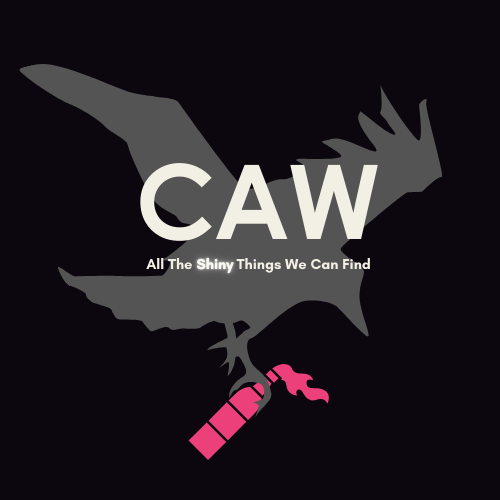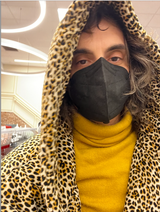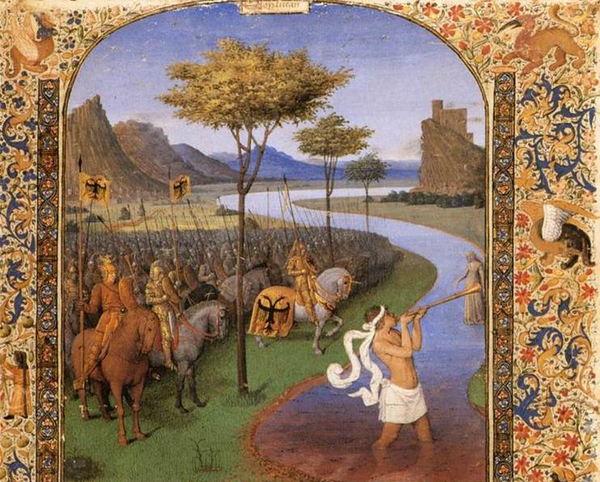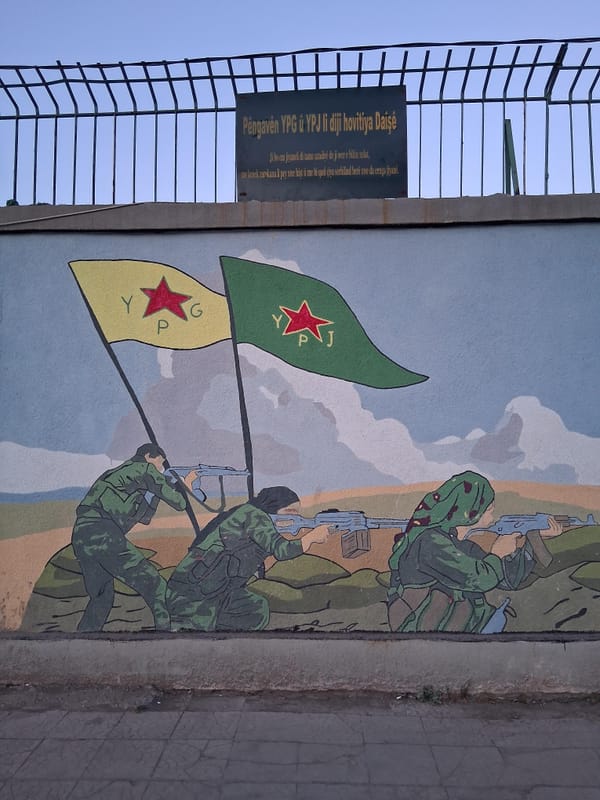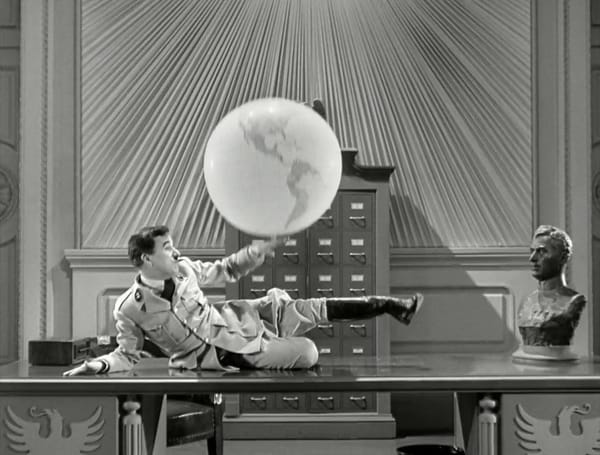The Unwanted Revolution
I want to destroy the state and I want to live.

If we accept the idea, or possibility, that we are witnessing the internal dismantling of the institutions of the US as we have known them, then we have to consider the fact that this crumbling isn’t the one we would have wished for. This perspective is a conversation I have been having with friends, and in CAW, Vicky wrote about it very clearly.
Of course, there has been a feeling at least since the clear rise of fascist groups in the mid-2010s, and Trump’s ushering of them into mainstream Republican discourse. This is the tail end of a decades long Republican turn towards ever more extreme views, pushed by Evangelical Christian groups, the Federalist Society, and the rise of conservative media, and bolstered by vigilantes and paramilitary groups. Centrists have also long been decrying the siloing off of American political views, where everyone lives in their own echo chamber, with a particular emphasis on the threat that the right wing media poses.
Even years ago, if you asked me how I might imagine something like a revolution in American political terrain, I would respond with the idea of enclaves of different communities, ranging from outright fascist, to potentially democratic or even anarchist-adjacent communities, all ordering life in relationship to the tenuous and ghostly institutions that shaped the last couple centuries of the US. This picture, however, ignores the intervention of the police or the military in imposing authoritarian rule—it is more akin to an alternative history of the Civil War.
This picture that I had in my head doesn’t align with the general leftist concepts of revolution, where one system is overturned and another better one is put in place. But many anarchists don’t adhere to this picture of how revolution works. From the most optimistic end, there is a possibility of confederated community councils operating through “direct democracy” that organize internal life freely and coordinate interaction with other communities through ideas of sharing resources. On the more pessimistic side, perhaps, is this picture of a shattering of the federal or sovereign state into these splinters of varying political commitments, with the hope that people could leave an enclave that is oppressing them. (Actually, this picture isn’t far off either from the Black Nationalist idea of forming a Black-led sovereign nation in the former slave states as it would be surrounded in a sense by the white supremacist states and federal government it seceded from.)
But I question the pessimist label I offered here. I always come back to this idea, that an anarchist perspective has to deal with the fact that not everyone will want the same thing—contrary to dreams of massive revolution—which will inevitably lead to people living in ways that you personally disapprove of. That means that in anarchy, there will still be forms of oppression. We can imagine in that situation that autonomous enclaves would work in solidarity with people stuck in authoritarian towns, but to a certain extent we have to cede control over the lives of everyone.
But all of this is theoretical, and faced with the current situation, I have to confront the paradoxes of my desires and my reality. As Trump and Musk take steps to cut off funding to medicaid and education—two institutions I rely on to live in the current situation—I am put in a position of wanting the state systems that I detest to continue so I can persist in living. In a way, this entails willing the continuance of the repressive institution of the state. The medical system currently delivers the drugs and care that keep me in remission. The education system employs me on a short contract basis in the very fields that are most targeted at Woke and Gender Ideology rotting the core of American values.
If I wanted to counter this contradictory feeling, I could rely on the idea that, even if these institutions are gutted, there will be people within them that will still continue to provide care, whether medical or educational. We have to separate the institution and its state-backing from the people doing the work. This perspective connects with what I recently wrote about cultivating traitors within institutions. The same friends I have discussed this with have insisted that people will act in solidarity during a crisis—this has been proven in the response to crises, especially where the state has utterly failed to do anything but kill people and protect property. But in the crisis, some of us die anyway. This fact has even been approved of in some of my discussions with anarchists: once, when I asked someone during a workshop envisioning a post-state world what would happen to me in their imagined world, since I rely on a medication to survive, they responded that I would have to die.
I have thought much about how the petty comforts of life in the empire under this stage of capitalism and state control keep us clinging to the status quo against the unknown of the destruction of the state. It makes us continue to do our paying jobs in the face of environmental, political, and social collapse. It shuts off possibilities of solidarity in the face of survival. It keeps us just within the realm of survival (almost, or barely) for us to stay plugged in. All of us live in these contradictions to a certain extent. Even those of us with political commitments find ourselves substituting action for content (ie. podcasts). No one lives a pure life.
I would love for us to seize the apartment buildings, the hospitals, the supply chains, to give us the power to destroy the institutions that kill us, and figure out a way of living that doesn’t rely on dealing out death to the planet and populations. I believe it is possible, if we make that Kierkegardian leap of faith. But that leap crosses an abyss that we might also fall into—and that fear holds us captive in a carceral society.
Perhaps I die. There is a leftover amount of medicine, and I eke out existence through the care that persists until the resources are gone. Perhaps my beloved ill and disabled people also suffer, and potentially die. Perhaps other people die gunned down by the police and other state enforcers. In the immediacy of living in my body and the potentiality of autonomy and mutuality, I am forced to confront my own attachments to this world I want to destroy. I watch the authoritarian dismantling, the stupidest and scariest coup or counterrevolution we can imagine, and I still want to live—and maybe this life is just mystified by capitalism and my enmeshment in the spectacle. I believe in a world of care and people coming through in hard times, but the limits of my own imagination keep me fettered right now to a system of death for the possibility of life.
